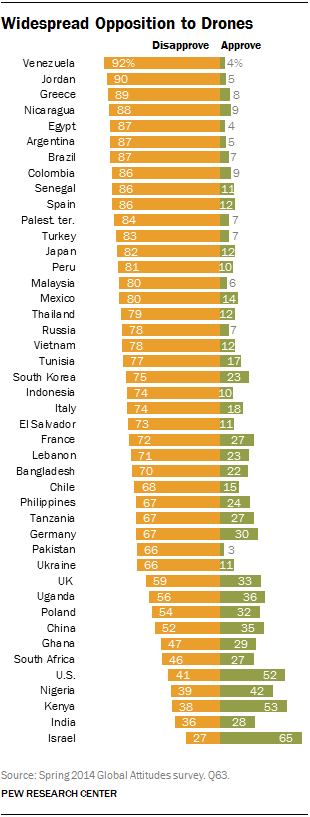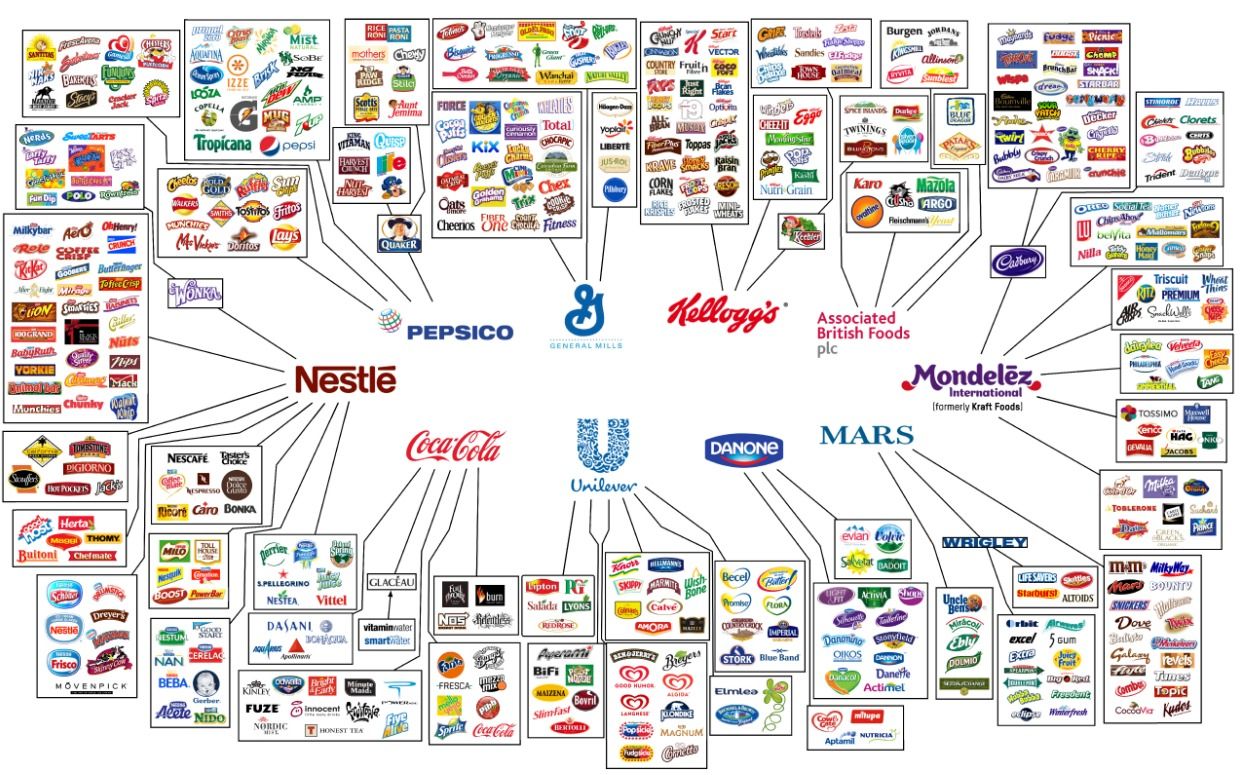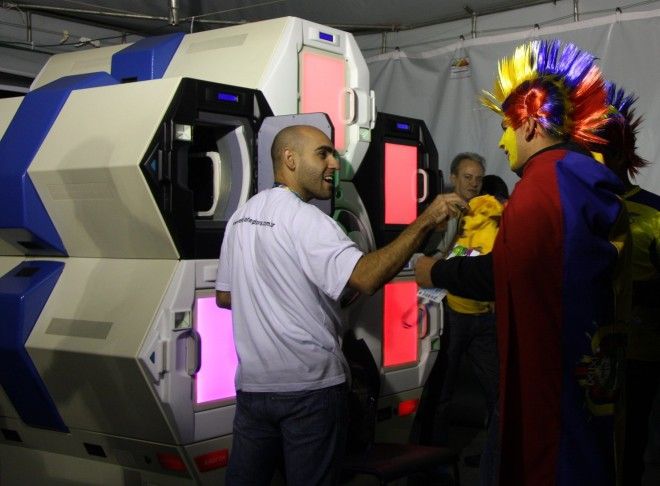Aug 14, 2014
Beijing residents will have to wait at least another 16 years to breathe healthy air
Posted by Seb in category: environmental
— Quartz

Over the past six years, Beijing has seen at least 1,812 days of “unhealthy” air quality, and that trend isn’t going to get better any time soon. Pan Tao, head of the Beijing Municipal Research Institute of Environmental Protection, estimates that air pollution in the capital won’t be reach safe levels until at least 2030.
China’s president Xi Jinping has called air pollution the “most prominent challenge” Beijing faces. Foreign firms are paying their workers “hardship” salaries to be posted in the city. In February a report from the Shanghai Academy of Social Sciences said that pollution in the capital is “near a level that is no longer livable for human beings.”

















